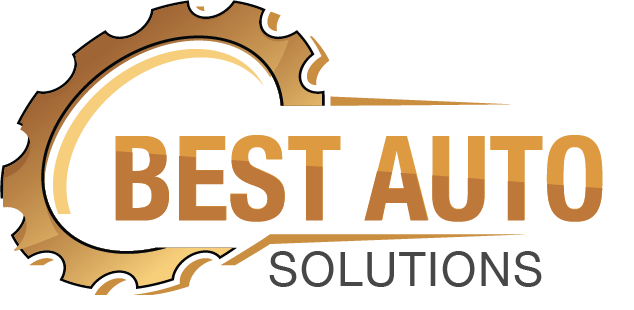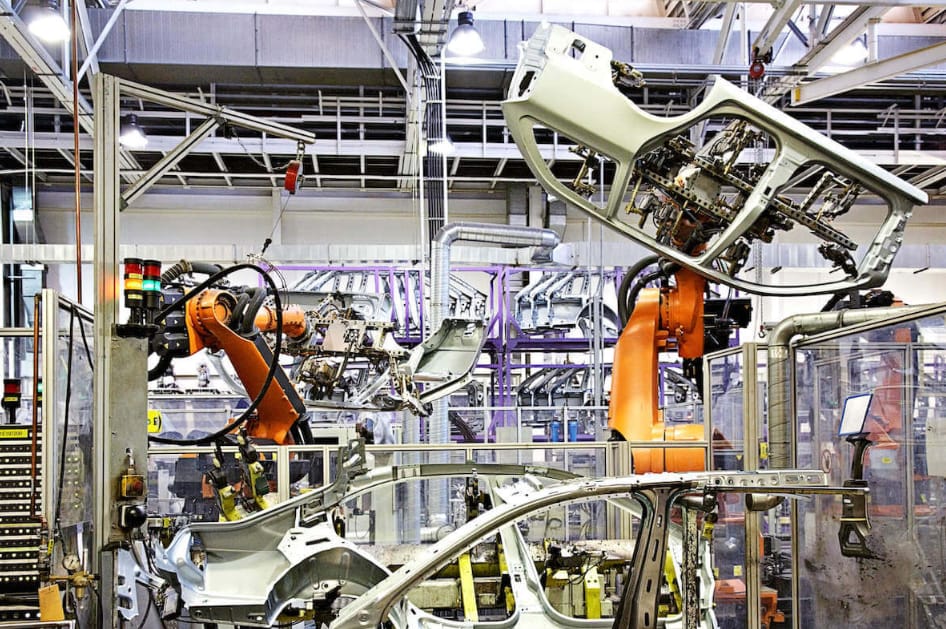AIAG core tools play a crucial role in enhancing quality management and process improvement within the automotive industry. Developed by the Automotive Industry Action Group (AIAG), these tools are designed to standardise practices and improve operational efficiency across the industry. Understanding these core tools helps automotive manufacturers and suppliers meet industry standards and enhance their overall performance.
1. Advanced Product Quality Planning (APQP)
Advanced Product Quality Planning (APQP) is a structured approach used to develop products in a way that meets customer expectations. This tool guides the entire product development process, from initial concept through production. APQP focuses on early identification and resolution of potential issues, ensuring that products are designed and manufactured to the highest standards. By following APQP guidelines, companies can improve product quality, reduce defects, and enhance customer satisfaction.
2. Failure Mode and Effects Analysis (FMEA)
Failure Mode and Effects Analysis (FMEA) is a systematic method for identifying potential failure modes within a product or process and evaluating their impact. This tool helps organisations assess risks and prioritise corrective actions to mitigate potential failures. By using FMEA, companies can proactively address potential issues, leading to improved product reliability and reduced costs associated with failures.
3. Control Plans
Control Plans are essential for maintaining consistent product quality throughout the manufacturing process. These plans outline the controls and procedures necessary to ensure that products meet design specifications and customer requirements. Control Plans include details on process controls, inspection methods, and response actions for deviations.
4. Production Part Approval Process (PPAP)
The Production Part Approval Process (PPAP) is used to verify that a supplier’s production process can consistently produce parts that meet all customer requirements. PPAP involves submitting detailed documentation, including process flow diagrams, control plans, and test results, to demonstrate that the production process is capable of delivering high-quality parts.
5. Measurement Systems Analysis (MSA)
Measurement Systems Analysis (MSA) assesses the accuracy and reliability of measurement systems used in the manufacturing process. MSA helps organisations evaluate the performance of measurement tools and ensure that they provide consistent and accurate data. By conducting MSA, companies can identify and address potential measurement issues, leading to improved quality control and more reliable production processes.
AIAG core tools are integral to maintaining high standards in the automotive industry. From Advanced Product Quality Planning to Measurement Systems Analysis, these tools help organisations meet AIAG standards and enhance their quality management practices. By implementing these core tools effectively, automotive manufacturers and suppliers can improve product quality, reduce risks, and achieve greater operational efficiency.

